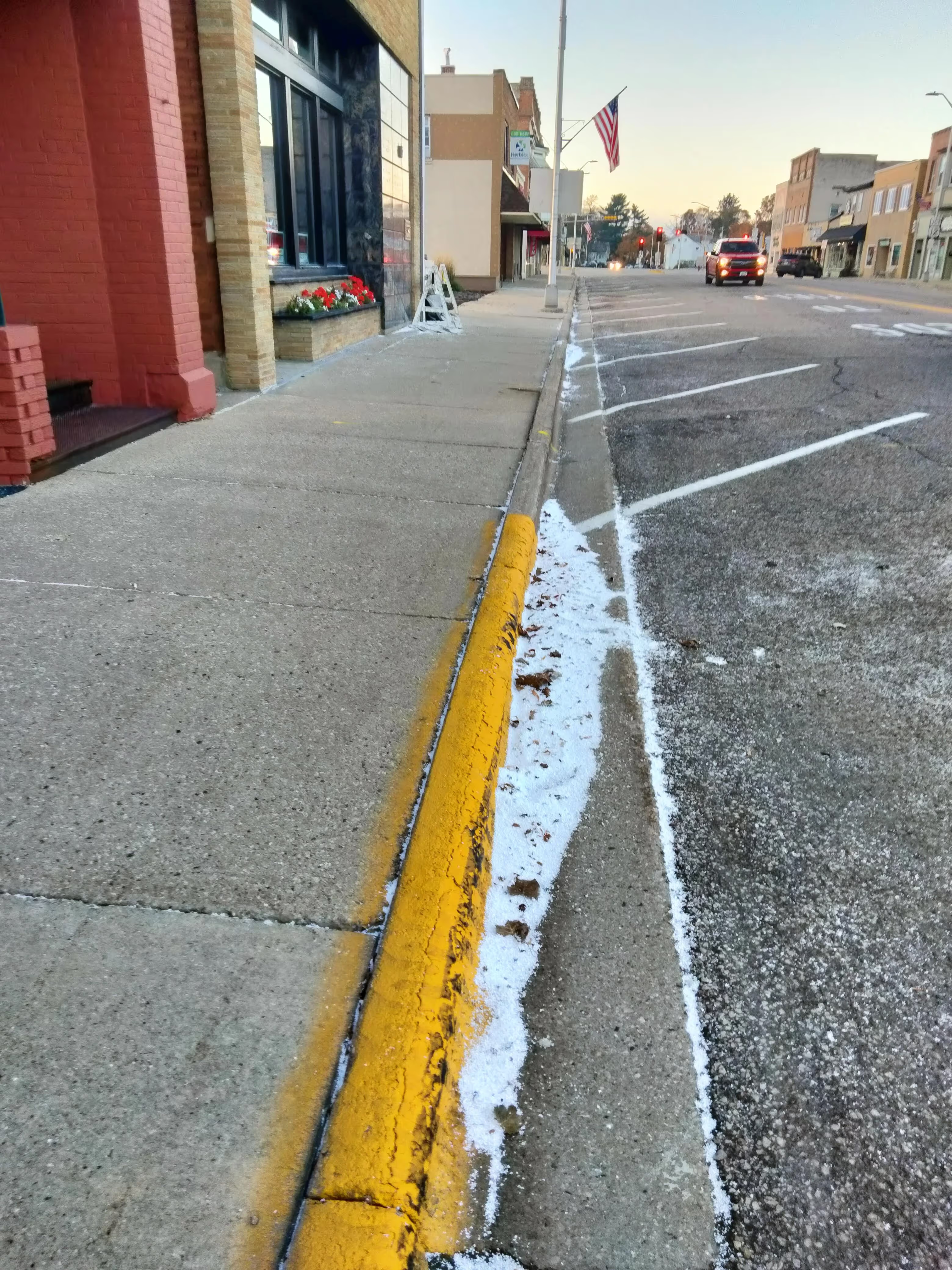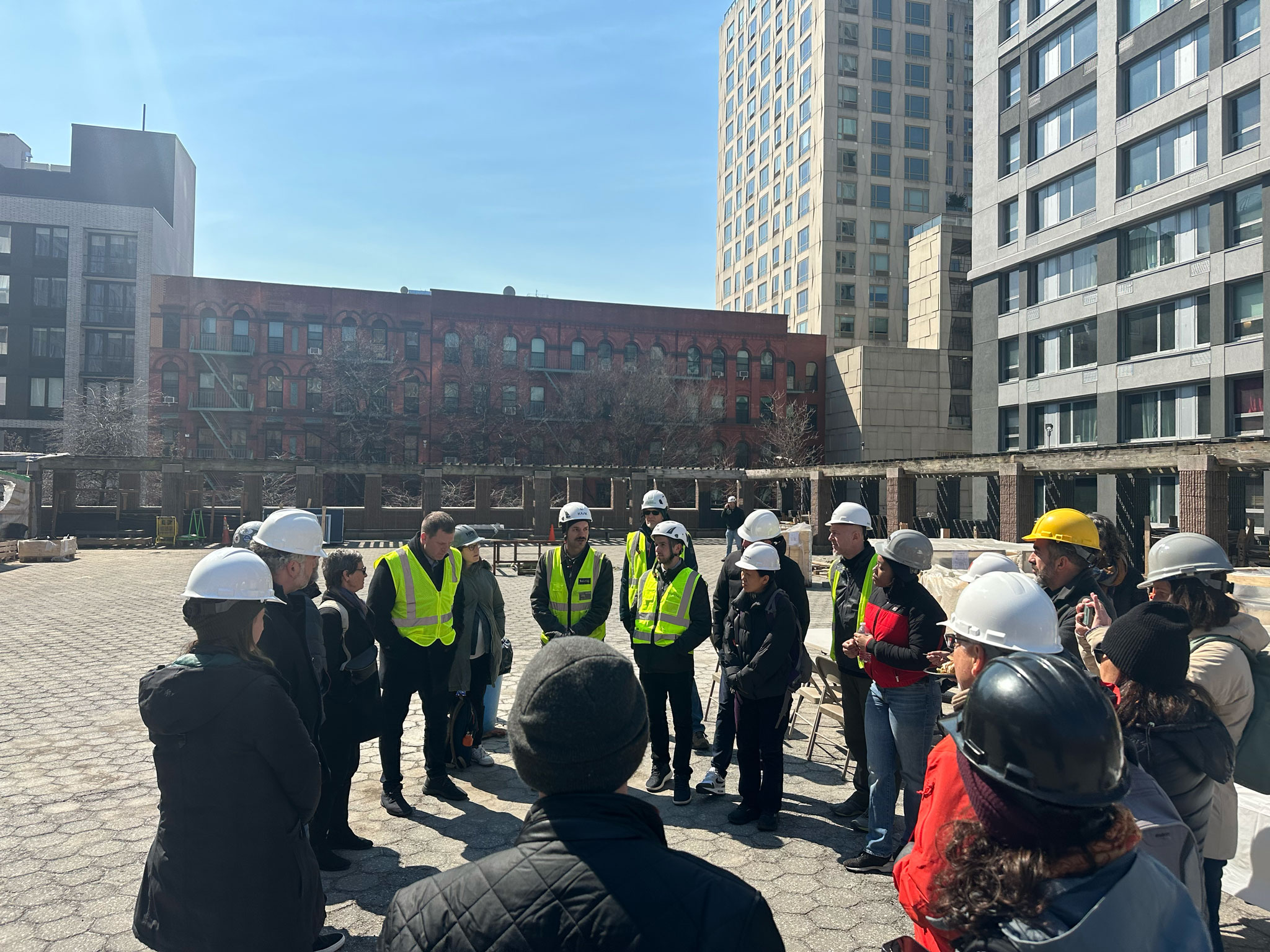THE FOAM YOU SEE AROUND CONSTRUCTION SITES: WHY YOU SHOULD CARE AND HOW TO TAKE ACTION

Why You Should Care About Foam Particles
The foam particles produced during EIFS construction pose significant risks to the environment and human health. Here’s why you should be paying attention:
Environmental Pollution:
- Water Contamination: These foam particles can easily be washed into storm drains during rain, eventually making their way into rivers, lakes, and oceans. Once in the water, these non-biodegradable particles persist for years, harming aquatic life and potentially entering the human food chain through bioaccumulation. According to the Environmental Protection Agency (EPA), the discharge of foam particulate in stormwater is prohibited under the Construction General Permit (CGP) due to its damaging effects on water quality (Core Safety, LLC).
- Soil Contamination: When foam particles settle into the ground, they can embed themselves in the soil, disrupting local ecosystems and potentially releasing harmful chemicals over time. This type of pollution can be long-lasting and difficult to clean up, posing risks to plant life and soil health ((no title)).
Health Hazards:
- Respiratory Issues: Inhalation of fine foam particles can lead to respiratory problems, particularly for those with pre-existing conditions like asthma. Workers on construction sites are at the highest risk, but residents living near these sites are also vulnerable. The Occupational Safety and Health Administration (OSHA) recognizes the inhalation of particulate matter as a significant occupational hazard (Precision Contracting Services, LLC).
- Skin and Eye Irritation: Direct contact with foam particles can cause skin irritation and eye discomfort, affecting not just workers but anyone exposed to these pollutants in their community.

How You Can Take Action
If you’ve noticed foam particles in your neighborhood, it’s essential to report it to local authorities. Not only will you be helping to protect the environment, but you’ll also be safeguarding the health of your community. Here’s how you can take action:
Report the Issue to Local Authorities:
- Local Environmental Agency: Contact your local environmental protection agency or department. In New York, you can report environmental concerns to the New York State Department of Environmental Conservation (NYSDEC). Their hotline for reporting environmental violations is 1-844-332-3267.
- Municipal Stormwater Management Office: If you believe foam particles are entering stormwater systems, reach out to your city or county's stormwater management office. They are responsible for ensuring compliance with federal and state regulations regarding stormwater discharge.
- Local Health Department: If you are concerned about potential health impacts, report the issue to your local health department. They can investigate and take appropriate action to mitigate risks to public health.
- Educate Your Community:
- Raise Awareness: Share information with your neighbors about the dangers of foam particles from EIFS construction. You can organize community meetings, distribute flyers, or even post on local social media groups to spread the word.
- Encourage Reporting: Urge others in your community to report sightings of foam particles. The more people who take action, the more likely authorities are to respond quickly and effectively.
- Advocate for Safer Alternatives:
- Promote Sustainable Building Practices: Encourage local builders and developers to use safer, more sustainable alternatives to EIFS. Prefabricated (Prefab) wall systems, like those offered by Dextall, are a great alternative. They reduce the risk of particulate pollution and offer better protection against moisture and environmental damage.
ProtectingOur Neighborhoods
The foam particles you see around construction sites are not just a nuisance—they are asign of a larger problem that affects our environment and health. By taking action and reporting these issues to the appropriate authorities, you can help protect your community and advocate for safer construction practices. Let’s work together to keep our neighborhoods clean, healthy, and safe for everyone.
Key Contacts for Reporting Environmental Concerns
- New York State Department of Environmental Conservation (NYSDEC):
- Hotline: 1-844-332-3267
- Website: NYSDEC
- Municipal Stormwater Management Offices:
- Contact your city or county's stormwater office through your local government website.
- Local Health Department:
- Find contact information for your local health department through your county’s official website.
Let’s make our communities safer, one report at a time!










_format(webp).avif)
_format(webp)%20(6).avif)
_format(webp)%20(5).avif)
_format(webp)%20(4).avif)
_format(webp)%20(2).avif)
_format(webp)%20(3).avif)


.avif)
_format(webp)%20(2).avif)